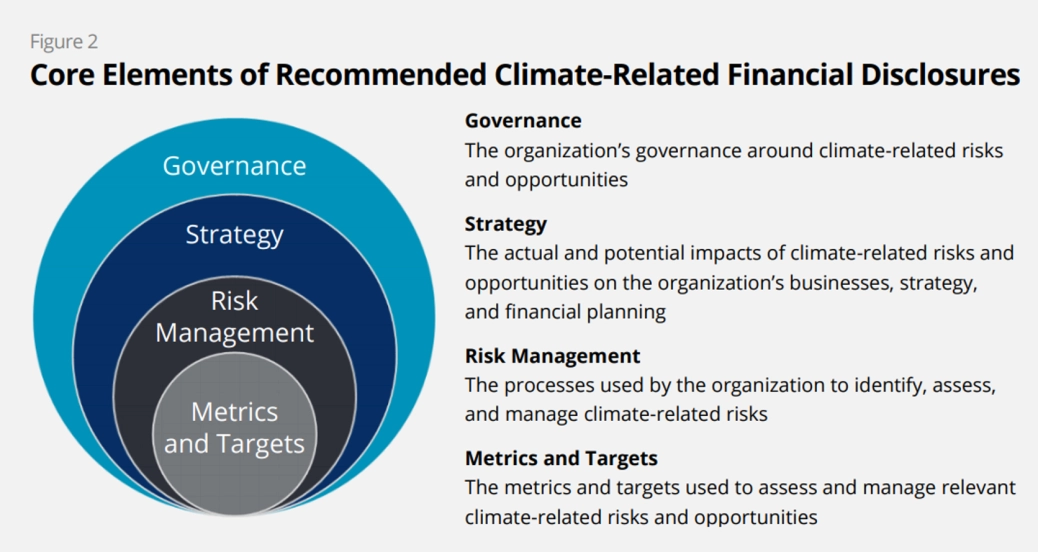In this article, we explore the latest developments and highlight some of the key elements - and benefits - of a net-zero strategy for the consumer sector.
In June 2019 the Government amended the Climate Change Act to introduce a target for at least a 100% reduction in greenhouse gas emissions in the UK by 2050 (compared to 1990 levels) and in April 2021, the Government announced the sixth Carbon Budget, setting into law the climate change target to reduce emissions by 78% by 2035 compared with 1990 levels.
Government, of course, will not be able to achieve these reductions without the co-operation and support of the business community, and we can expect a ramp-up in regulation and policy amendments to encourage businesses to play their part.
Legislation for larger businesses is already in place under the Streamlined Energy & Carbon Reporting (SECR) and the Financial Stability Board’s Task Force on Climate-Related Financial Disclosures (TCFD) regulation, which will result in increased pressure being applied to mid-cap and smaller businesses, who supply these larger businesses.
The policy is changing at a rapid pace with the Crown Commercial Services recently announcing that suppliers who want to bid for in-scope contracts in excess of £5m per annum will have to submit a carbon reduction plan with their bid.
There can be no doubt that all businesses including those within the consumer sector will be affected by this transition to net-zero and it is, therefore, important to stay ahead of the curve and start putting a plan in place now.
When putting a plan in place it is important to understand and therefore take advantage of the business benefits that accrue from embarking on a net-zero journey, rather than considering it to be a costly box-ticking exercise with no value.
What are the business benefits for you as a retailer?
First and foremost, adopting a net-zero strategy will ensure that your business remains relevant. Customers, suppliers and employees are increasingly making sustainability-linked decisions and consumers are much more focussed on corporate social responsibility issues than ever before.
Coupled with this, financial and insurance institutions are incentivising their clients by offering better rates in exchange for enhanced ESG performance, thereby lowering the cost of capital and insurance. This is relevant to businesses in the consumer sector that make use of external borrowing facilities.
As the UK approaches 2050, prices for energy obtained from fossil fuels will continue to rise. Coupled with carbon taxes, these costs will eat into your bottom line. Acting now and using your resources more efficiently may help you to minimise penalties later down the line.
The Bank of England recently released their 2021 Biennial Exploratory Scenario report, exploring the resilience of the UK financial system to the physical and transition risks associated with different climate pathways. They use three scenarios in the transition to a net-zero economy: Early Action (transition starting 2021), Late Action (transition starting 2031), and business as usual (No additional action). The report states that in all scenarios the cost to the end-user is predicted to rise, despite falling producer prices.
As the graphs below depict, in the Early Action scenario, carbon prices are set to increase from roughly US$30 per tonne of carbon dioxide-equivalent today, to just under US$900 by 2050 in the UK and EU, whereas, in the Late Action scenario, carbon prices remain at US$30 until 2030, but then rise sharply to over US$1,000 in 2050. In the No Additional Action scenario, carbon prices do not rise. By comparison, in the Early and Late Action scenarios, stringent climate policies should lead to a significant fall in carbon emissions to net-zero; whereas emissions fall only moderately in the No Additional Action scenario. In all scenarios, the cost to the end-user increases, despite falling producer prices.
Sources: Network for Greening the Financial System and Bank calculations
Developing a net-zero strategy
Committing to a net-zero target is the easy part, but the real work starts in ensuring you can deliver on your commitment and that climate-related risk is effectively managed. A four-step TCFD process helps to ensure that your strategy has the governance and structure to succeed, before targets are set.
Source: Recommendations of the Task Force on Climate-related Financial Disclosures – Final Report
Following the TCFD will ensure that you not only enhance your risk management process but create value for your business on the way.
We have used this approach very recently with a client in the United Kingdom with multiple sites and complex supply chains. Whilst acknowledging that our client in this case is at the start of their Net Zero journey, key benefits already accruing include:
- An enhanced climate-related governance structure with Board and Management accountability.
- Material climate-related matters are built into strategy and long-term financial planning.
- Enhanced climate-related risk management process, with a heightened emphasis on transition risk.
- Understanding, measurement, and management of Scope 3 emissions.
The time for action is now, as highlighted by the recently released 6th Assessment Report, Climate Change 2021 by the Intergovernmental Panel on Climate Change:
- Changes in the climate are widespread, rapid, and intensifying. They are unprecedented in thousands of years.
- Human activities are indisputably causing climate change, making heat waves, heavy rainfall, and droughts more frequent and severe.
- There is no going back from some changes in the system. However, some could be slowed, and others could be stopped by limiting warming.
- Climate change is already affecting every region in multiple ways. The changes we are experiencing will increase with further warming.
- Unless there are immediate and large-scale Greenhouse Gas emissions reductions, limiting warming to 1.5 degrees Celsius will be beyond reach.
Our approach to developing a net-zero strategy follows the methodology of the TCFD, providing a cohesive structure and preparing your business for future mandatory reporting to Companies House. Our dedicated experts are here to support you in understanding the complexities in the detail of the commitment to net-zero and ensure that a plan is tailored and applicable to your business activities and operations.
Get in touch
Get in touch with our experts for more details.
Contact us today







